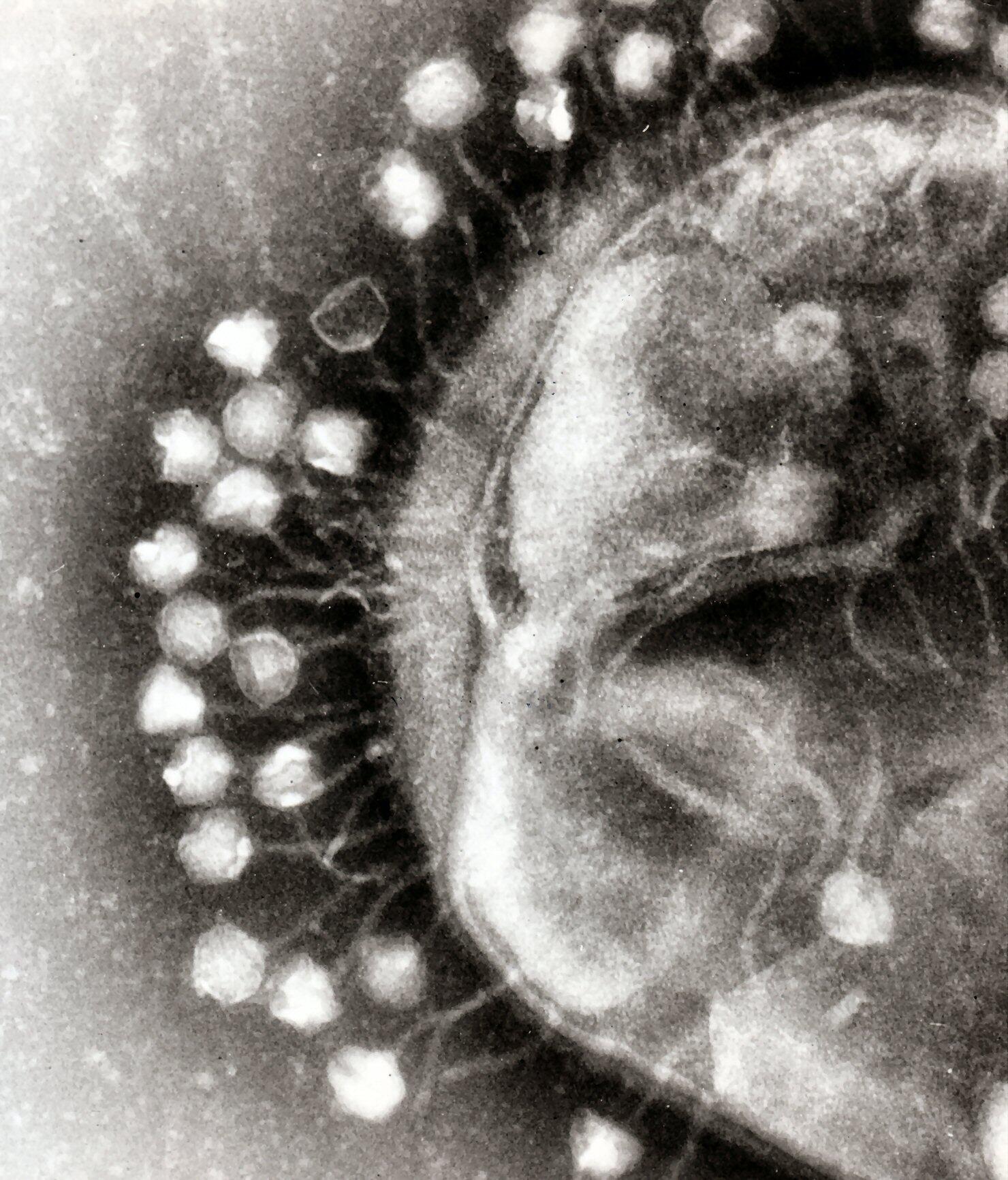Russia's Tomsk Polytechnic University and the Russian Ministry of Health's Smolozentev Influenza Institute have jointly developed 11 new siRNAs (small interfering RNAs) that have antiviral activity in vitro and can inhibit NS, PA and NP genes Influenza A virus. By screening for antiviral properties, the researchers selected the three most potent inhibitors of siRNA: PA-1630, NP-717 and NS-777. Their combination is a novel anti-influenza A virus complex. These three siRNAs against viral genes are encapsulated into hybrid polymer electrolyte microcapsules and can be used to develop drugs for the prevention and treatment of viral infections.

The researchers compared the inhibition of influenza virus by microcapsules containing these three siRNA complexes. The results showed that the three encapsulated siRNA complexes had a good inhibitory effect on H1N1, H5N2, and H7N9 influenza A viruses.
Alexander Kemin, a researcher at the Institute of Chemical Biomedical Technology at Tomsk Polytechnic University, said that by experiment, the results show that siRNA can be localized and effectively retained in capsules. Microcapsules can effectively protect siRNA from degradation, which is Delivery of siRNA is essential. If necessary, higher biocompatibility goals can be achieved through surface modification.


